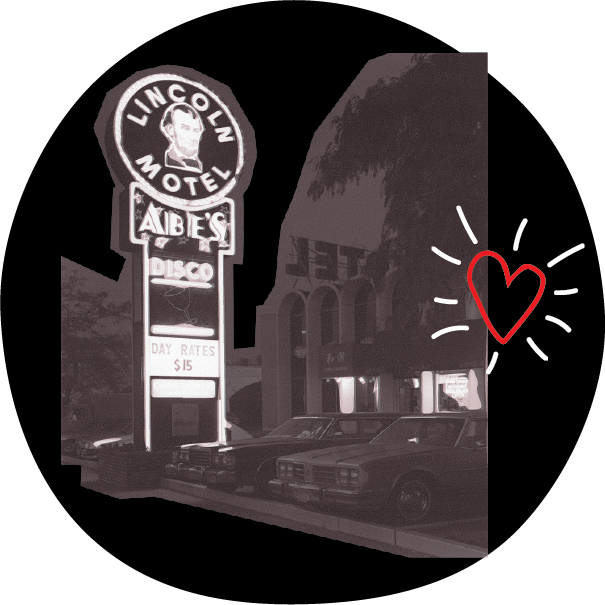Club Zanzibar, located in Newark, New Jersey, was more than just a nightclub; it was a cultural landmark that significantly influenced the development of house and garage music. Established in the late 1970s, Zanzibar became synonymous with the “Jersey Sound,” leaving an indelible mark on the dance music scene.
With this, Newark became another seminal U.S city in the development of the house sound. It could be said, with it’s focus on gospel style vocals and piano breakdowns, it did a great job of breaking out of the shadow of nearby NYC.

The Birth of Zanzibar
Club Zanzibar opened its doors on August 29, 1979, in the ballroom of the Lincoln Motel. According to sources, the opening night was nothing short of spectacular, featuring live feeds from local radio, magicians, and even live lions and tigers in cages. This grand debut set the stage for what would become a hotspot for both straight and LGBTQ+ nightlife, blending diverse musical influences to create a unique experience.
The Golden Era
Throughout the 1980s and early 1990s, Zanzibar thrived as a hub for innovative DJs and artists. Key figures like Tony Humphries, Larry Levan, Tee Scott, and François Kevorkian played pivotal roles in defining the club’s sound. The club was known for its eclectic mix, where tracks from the Rolling Stones, B-52s, and Talking Heads would seamlessly blend with house, Latin, and garage music.
Iconic Artists and Hits
Zanzibar was a breeding ground for future stars and hit tracks. Artists such as Barbara Tucker, Adeva, and CeCe Rogers graced its stage, performing timeless house anthems like “Beautiful People,” “Deep Inside,” and “Respect.” The club’s DJs also played a crucial role in breaking new records, including the first public play of “Rapper’s Delight” by The Sugarhill Gang.
It would also be remiss to have a whole article about the Zanzibar, and not mention Movin’ Records, a record label and shop run by Abigail Adams, another central figure at the Zanzibar.
Decline and Closure
By the late 1990s, Zanzibar began to change. The rise of hip-hop in the club’s playlist marked a shift that alienated its original house music crowd. The Lincoln Motel, which housed Zanzibar, fell into disrepair and became notorious for crime and violence. In 2007, the building was demolished, marking the end of an era.
Zanzibar’s Legacy
The legacy of Club Zanzibar lives on through the music and memories it created. The “Jersey Sound” it helped pioneer continues to influence house music globally.
If you’re a fan of this particular sound, check out Pogo House Records – they have an entire catalog of music inspired by the New Jersey sound. The artist Disclosure also released music heavily influenced by this sound during the mainstream resurgence of ‘deep house’ in the early 2010’s.
For those interested in exploring this rich history further, several resources are available:
- Books: “A Journey Through the House: Photo Memoirs of Club Zanzibar” by Vincent Bryant provides a visual history of the club’s vibrant scene.
- Documentaries: The documentary “Paris is Burning,” which covers the voguing scene, features Club Zanzibar as a key venue in its narrative.
- YouTube: Club Zanzibar & the New Jersey Sound (early 90s) pt.1 & Club Zanzibar & the New Jersey Sound (early 90s) pt.2
Conclusion
Club Zanzibar was more than a nightclub; it was a cultural phenomenon that fostered creativity and community. Its influence on house music and club culture remains significant, reminding us of a time when the dance floor was a place of unity and innovation.
References
Red Bull Music Academy: Nightclubbing: Zanzibar, An Oral History